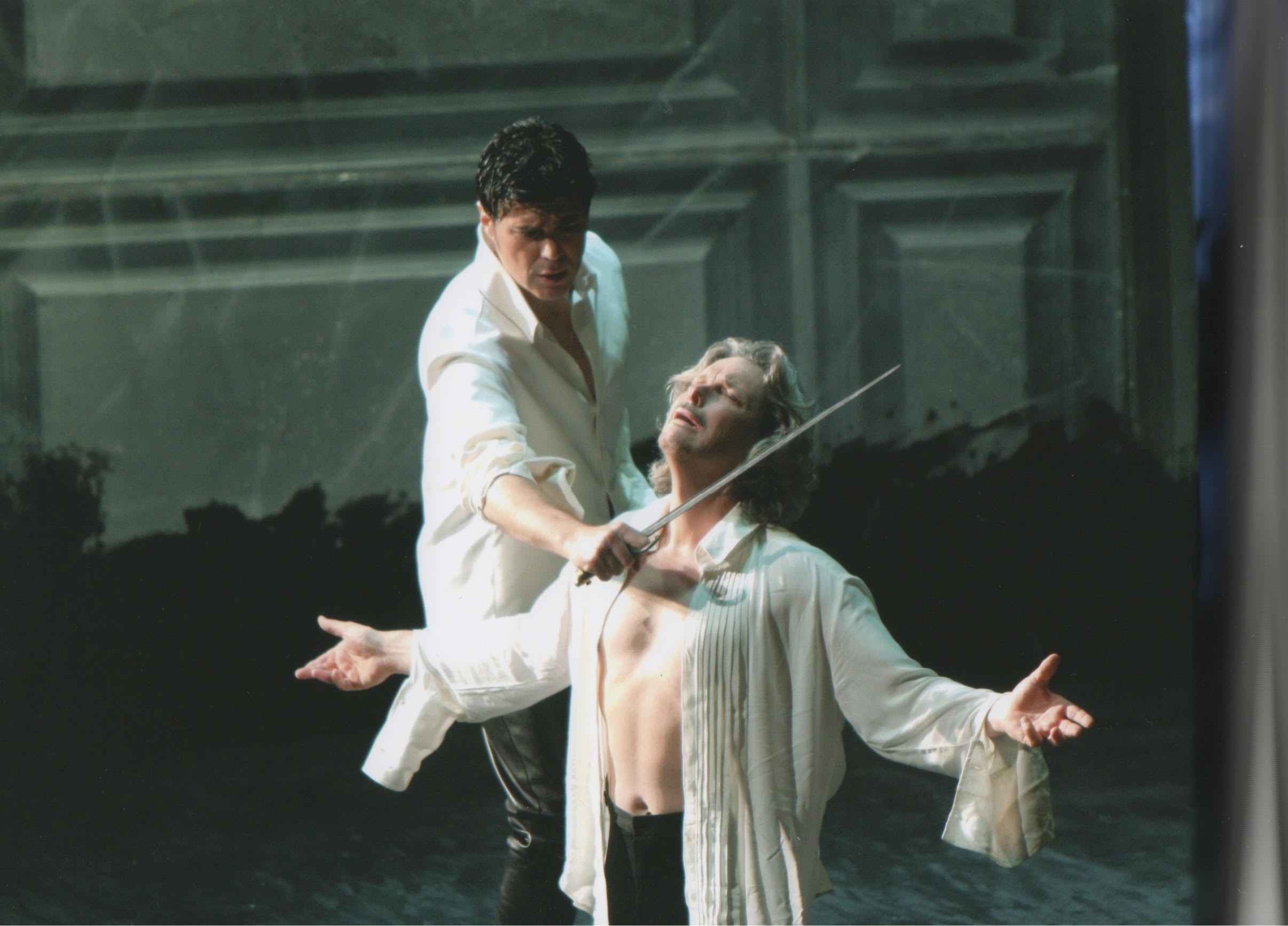We caught up with the brilliant and insightful Franco Pomponi a few weeks ago and have shared our conversation below.
Franco, we’re so excited for our community to get to know you and learn from your journey and the wisdom you’ve acquired over time. Let’s kick things off with a discussion on self-confidence and self-esteem. How did you develop yours?
Developing my confidence and self-esteem as an opera singer and artistic entrepreneur involved a multifaceted journey that, even still, encompasses both personal growth and external support. It takes dogged determination, and belief in yourself not only when things are bright but especially in the darkness. As an artist I have learned to embrace the darkness . It means being damn strong and developing unwavering discipline…While also being flexible and accepting at how life is unveiling itself. It is falling down, HARD sometimes, or even being beaten down and then, getting up and yelling, “Thank you! Can I have another!”. Earlier in my career, I made the mistake of waiting for the things to happen, feeling that the opera world is unfair. Well, guess what? It is unfair and at times fucking brutal and I just had to get over it. People often comment “Franco how do you stay so optimistic?” My response is “What’s the alternative?” Listen, I don’t mean to make it all sound dire because it isn’t. When things click, it is an amazing adventure with indescribable Highs. It can take you all over the world and you will meet, incredible, fascinating people. I have found that, for me, my goal is to keep my internal desires the same, but my attachment to the outcome can’t be rigid. And well, that is where the surprise is and most of the time! Learning the importance of generosity and gratitude, and having the unwavering support of loved ones, friends, family, and colleagues play pivotal roles in this process. Generosity and gratitude are essential qualities for any artist, including opera singers. Generosity involves sharing one’s talents, knowledge, and experiences with others, whether through performances, teaching, or mentorship. It is why I started Opera Festival of Chicago with my colleagues. Expressing gratitude for opportunities, achievements, and the support of others fosters a positive mindset and reinforces a sense of worthiness and belonging within the opera community.
Maintaining optimism in the face of challenges and setbacks is crucial for nurturing confidence and self-esteem as an opera singer. This involves cultivating resilience, perseverance, and a positive outlook, even in the midst of rejection, criticism, or adversity. By focusing on the intrinsic joy and passion for singing, opera singers can overcome obstacles and stay committed to their artistic journey with unwavering optimism.
Having the Support and Generosity of Loved Ones, Friends, Family, and Colleagues: Surrounding oneself with a supportive network of loved ones, friends, family, and colleagues can provide invaluable encouragement, validation, and inspiration. Their belief in your talents and unwavering support serve as a foundation for building confidence and self-esteem as an opera singer. Their constructive feedback, encouragement, and shared experiences can help navigate challenges and celebrate achievements along the way.
Developing confidence and self-esteem maintaining optimism in the face of adversity, and cultivating a supportive network of loved ones and colleagues are all essential components of this transformative journey. By embracing these principles, opera singers can cultivate a strong sense of self-worth, confidence, and fulfillment in their artistic endeavors.
Thanks for sharing that. So, before we get any further into our conversation, can you tell our readers a bit about yourself and what you’re working on?
I am a Co-Founder and Artistic Director of the Opera Festival of Chicago. The Opera Festival of Chicago presents world-class productions of Italian opera masterpieces in Chicago that rarely grace the stage in the United States. In doing so we aspire to generate an inquisitive operatic appetite within Chicago audiences, and to make our work – and its cultural context – accessible to a wide audience. We want to provide a stimulating and inspirational environment of Italian opera for artists and audiences alike and provide a vital opportunity for young artists entering the opera profession while upholding the high integrity and demands of Italian opera with artists and musicians who are established professionals. And something dear to my heart, to highlight and celebrate the immense talent that has originated from the Chicagoland area. We are currently in negotiations now to take our productions to other cities and countries and bring the Opera Festival of Chicago brand to the world.
I am so proud of how fast we’ve grown and OFC’s productions of Il Corsaro by Verdi, L’inganno Felice of Rossini and Murder in the Cathedral by Pizzetti and this year Il Prigioniero by Dallapiccola, are all, Chicago premiers! I am so thankful of our vital partnership we have built with the outstanding Chicago classical music station, WFMT, and OFC’s operas are broadcast worldwide every year.
I still keep an active freelance life going as an international operatic baritone, which has brought me to many of the world’s most prestigious opera houses and concert halls. My European debut came as Hamlet at the Gran Teatro del Liceu in Barcelona and. In Paris I created a sensation as Pentheus in The Bassarids at the Théâtre du Châtelet and I’ve returned to my dear Châtelet in the title roles of Nixon in China, and Sweeney Todd. From there many major debuts came my way. I debuted at Opernhaus Zürich in a new production of Les pêcheurs de perles as Zurga and immediately after in Moscow in the title role of Don Giovanni for my debut at The Bolshoï Opera. That moment was especially powerful for me, as I remember sitting with my wife in the middle of Red Square all alone, late at night and feeling such intense emotions. I recalled how, when I was a young singer, I would sit in my basement and read the back of record albums of the great singers from the past and all the exotic theaters and cities they sang in… and there I was! That was a deep, profound, moment of gratitude! I think it is important to recognize the mile markers one passes in life. As things get going faster and faster, we forget our original dreams. I think it is vital to recognize those that have been accomplished as the building and moving forward continues. My other important debuts include Guglielmo in David McVicar’s new production of Cosi fan tutte at Opéra national du Rhin in Strasbourg, Nick Shadow in A Rake’s Progress at Teatro Massimo in Palermo for my Italian debut, Prospero in a new production of The Tempest for the Hungarian State Opera in Budapest, Carbon in Cyrano with the legendary tenor, Placido Domingo at Teatro Real in Madrid; Lindorf, Coppélius, Miracle and Dapertutto in Les contes d’Hoffmann for the Finnish National Opera. When I made my Opéra Marseille debut, once again as Hamlet in a new production by Vincent Boussard (which won “opera of the year” by Opéra Magazine), I had my first “out-of-body” moment as a performer. In the intensity of the moment, the entire universe shifted and I was no longer myself. The character, Hamlet, took over my being to the point where I felt, “Franco”, was walking around in the lobby of the theater, just listening over the loudspeaker. Afterwards a major opera impresario called my performance “supernatural” and when people came, rushing to my dressing room, they were in awe and exclaiming “You must be drained after that magnificent performance?!” Truth was, I felt so at ease, as if I expended no energy at all! I could have performed again immediately! It happened again during another Hamlet at my La Monnaie debut in Brussels and only one other time, at my recent Carnegie Hall solo recital debut this past November. When I am in the zone like that I feel as if I have entered a realm of what some might call “Enlightenment”.
Franco is a student of his longtime mentor, Carl Lawrenz. He received a full fellowship at the Juilliard Opera Center, training under the esteemed director Frank Corsaro. He was the first recipient of the DeRosa Prize, Juilliard’s distinguished award for achievement. His training continued as a member of the elite Lyric Opera of Chicago Young Artist Program. He made his Chicago opera debut as Germont in Verdi’s La traviata at the Grant Park Music Festival. His New York debut came as Escamillo in Carmen at New York City Opera and the next season he joined The Metropolitan Opera. His notable performances include Ford in Falstaff for the Canadian Opera in Toronto and The Santa Fe Opera, Don Giovanni, at the Bolshoï, Grand Théâtre de Geneve, Greek National Opera, Guangzhou Opera, and Montpellier, Valentin in Faust for Opéra Toulon, Golaud in Pelléas et Mélisande for the Netherlands Reisopera, Frank/Fritz in Die tote Stadt, Palermo, Escamillo in Carmen at L.A. Opera and with Marc Minkowki and the Musiciens du Louvre in Bremen, the title role of Eugene Onégin at the Spoleto Festival, Michele in Il Tabarro for OFC’s opening season and last year in the title role in his critically acclaimed performance of Gianni Schicchi at Florida Grand Opera. His vast repertoire of roles performed also includes: Count di Luna Il Trovatore, Seid Il Corsaro, Ezio Attila, Ernesto Il Pirata, Belcore, Enrico Lucia di Lammermoor, Malatesta, Marcello, Schaunard, Jack Rance, Lescaut, Silvio, Tebaldo Giulietta e Roméo, Count Almaviva, Argante Rinaldo, Hérode Hérodiade, Metternich L
Franco won the NPR International Art Song contest with his first solo recording “Death is the Cool Night”, lieder of Schubert, Schumann and Brahms to the poetry of Heine.
Franco has performed leading baritone roles at major Opera houses and Concert Halls worldwide.
In Europe and worldwide – Liceo Barcelona, Teatro Real Madrid, Bolshoi Moscow, La Monnaie Brussels , Opernhaus Zürich, Grand Theatre Geneva, Opéra Lausanne, Chatelet Paris, Opéra Comique, Royal Theatre Versailles, Marseille, Montpellier, Opéra Nice, Opéra du Rhin Strasbourg, Tours, Vichy, Den Haag, Rotterdam, Netherlands, Teatro Massimo Palermo, Teatro Lirico Cagliari, Italy, Greek National Opera, Athens, Hungarian State Opera, Budapest, Finnish National Opera, Helsinki, Guangzhou Opera, China, Doha Opera House, Qatar
In the Americas – Metropolitan Opera, Lyric Opera of Chicago, Los Angeles Opera, New York City Opera, Canadian Opera Company, Santa Fe Opera, New Orleans Opera, Florida Grand Opera, Spoleto Festival, San Diego Opera, Saratoga, Boston Lyric, Opera Omaha, Dallas Opera, Austin Lyric, San Antonio, Portland Opera, Eugene Opera, Kentucky Opera, Washington Concert Opera, Carnegie Hall New York, Orchestra Hall Chicago
With Orchestras – Chicago Symphony Orchestra, Detroit Symphony, Philadelphia Orchestra, BYSO, Boston, Orchestre de Paris, Orchestre Radio France, Grant Park Symphony, Qatar Philharmonic, Tokyo Symphony Orchestra, Pacific Symphony, Musiciens du Louvre-Grenoble, Orquesta y Coro Nacional de España.
If you had to pick three qualities that are most important to develop, which three would you say matter most?
Looking back on my journey, I believe three qualities that were most impactful were unwavering passion, discipline and technique, and a constant drive to improve.
Passion is the fuel that drives us forward, especially in a competitive and demanding field like opera. It’s what keeps us going through the highs and lows, the triumphs and setbacks. My advice to those early in their journey is to cultivate and nurture your passion relentlessly. Take time to reflect on what truly ignites your soul and pursue it with unwavering dedication.
Opera requires rigorous discipline and a strong technical foundation. This involves not only honing your vocal skills but also mastering aspects like stage presence, diction, and musical interpretation. Establish a disciplined practice routine and commit to continuous improvement. Seek guidance from mentors and coaches who can help refine your technique and provide constructive feedback.
Growth and development are ongoing processes in the world of opera. It’s essential to cultivate a mindset of continuous learning and self-reflection. Look at the world your in as an observer and take in other art forms. Be open to feedback, both positive and constructive, and use it as an opportunity to grow. Take initiative in seeking out new experiences, repertoire, and performance opportunities that challenge and inspire you. Don’t be afraid to have your heart broken!
For those starting their journey, my advice is to embrace these qualities wholeheartedly. Cultivate your passion, dedicate yourself to mastering your craft with discipline and technique, and never stop striving to improve. Remember that the journey of an opera singer is as much about personal growth as it is about artistic achievement. Stay true to yourself, stay focused on your goals, and trust in your ability to overcome challenges along the way.
Is there a particular challenge you are currently facing?
The number one obstacle or challenge currently facing the Opera Festival of Chicago is expanding its audience base while maintaining quality productions and fostering a deep connection with the city. To overcome this challenge, several strategies are being implemented:
Community Engagement Initiatives: Implementing community outreach programs to engage with various demographics within the city. This could include offering workshops, lectures, or free performances in different neighborhoods to generate interest and enthusiasm for opera.
Strategic Marketing Campaigns: Developing targeted marketing campaigns that emphasize the unique and exciting aspects of the festival to attract both seasoned opera enthusiasts and newcomers. This could involve leveraging social media platforms, partnering with local influencers, and utilizing creative advertising techniques to build excitement and anticipation.
Affordable Ticket Options: Our affordable ticket options make opera more accessible to a wider audience.
Collaborations with Local Artists and Organizations: Collaborating with local artists, musicians, and cultural organizations to create productions or events that resonate with the interests and tastes of the city’s residents. .
Board Development and Donor Cultivation: Actively recruiting new members to the Board of Directors who bring diverse perspectives, expertise, and networks to the organization. Additionally, cultivating relationships with potential donors and sponsors who are passionate about supporting the arts and invested in the cultural vibrancy of the city.
By implementing these strategies, the Opera Festival of Chicago aims to not only grow its audience base but also deepen its connection with the community, ensuring that opera remains a vibrant and integral part of the city’s cultural landscape.
Contact Info:
- Website: www.FrancoPomponi.com
- Instagram: @francopomponi
- Facebook: Franco Pomponi
- Youtube: Franco Pomponi
- Other: Opera Festival of Chicago www.operafestivalchicago.org @operafestivalchicago (IG) Opera Festival Chicago (FB)
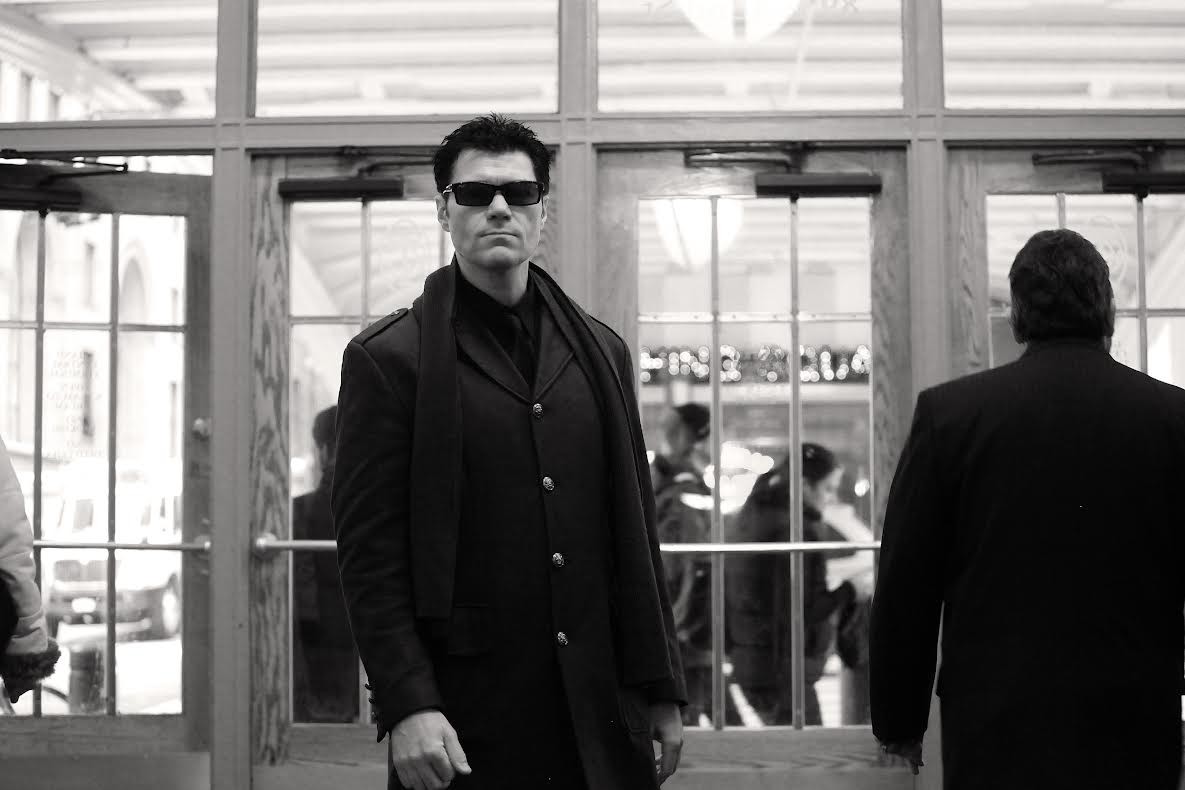
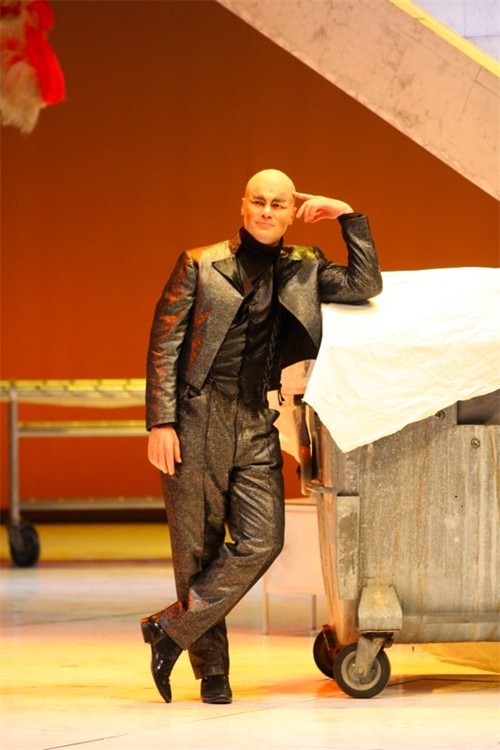
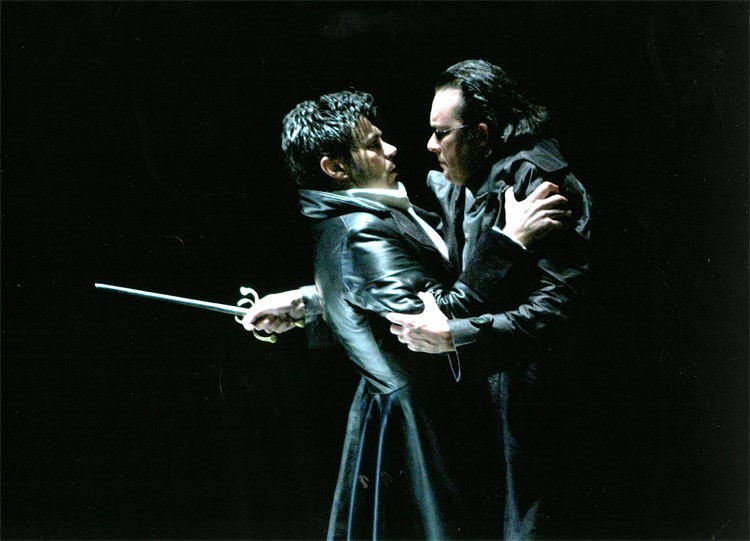
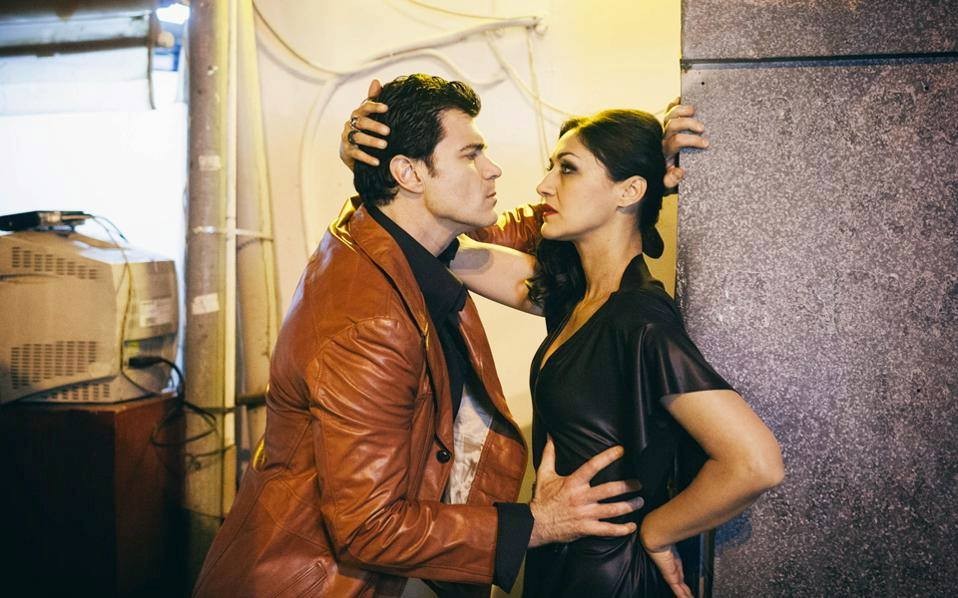
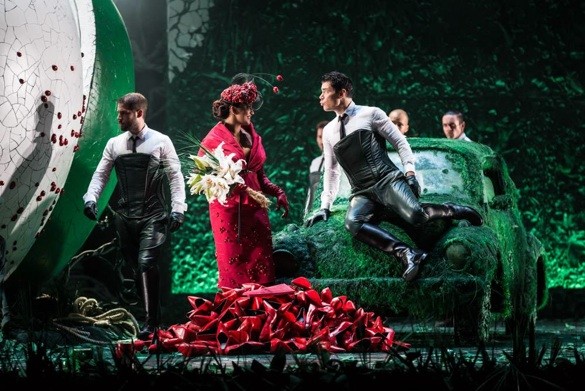
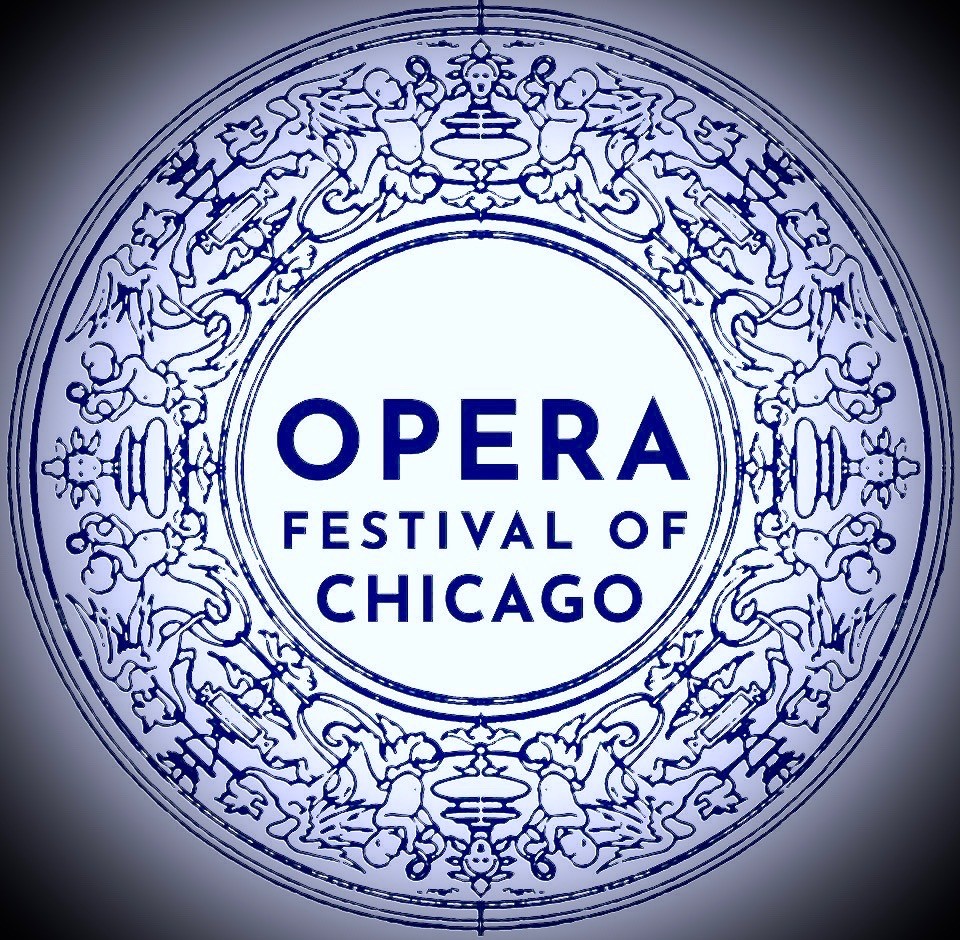
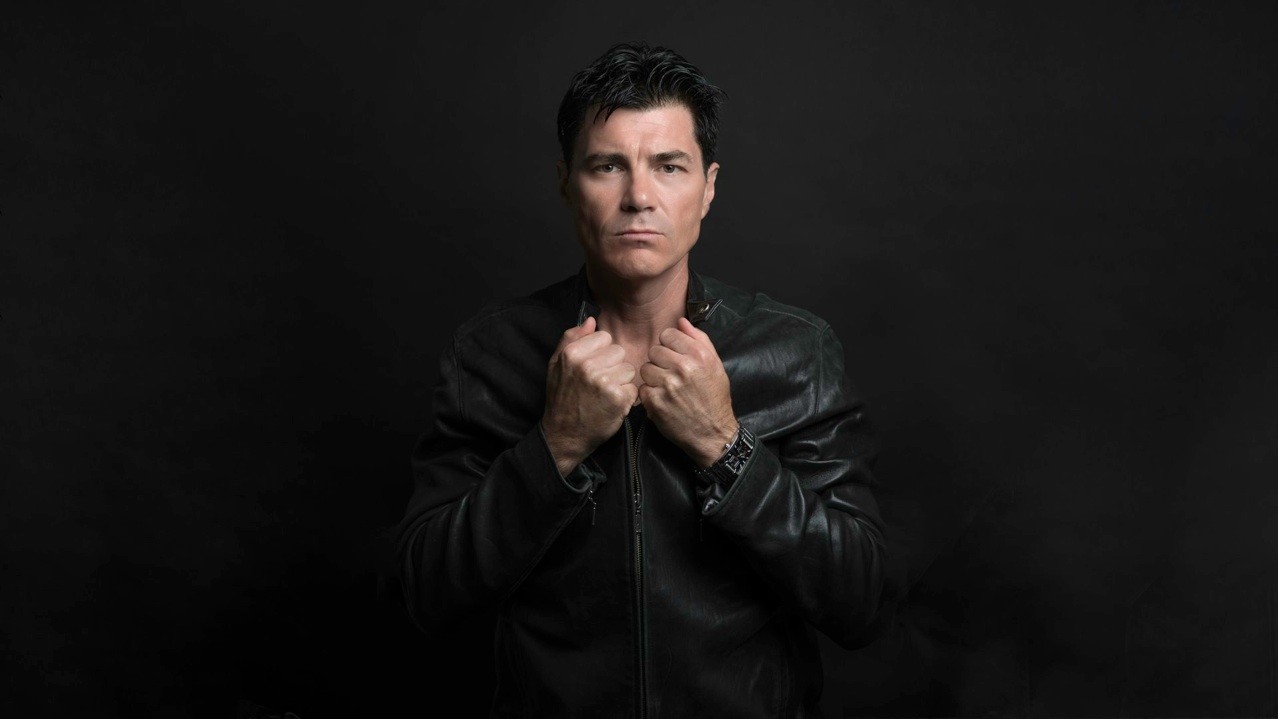
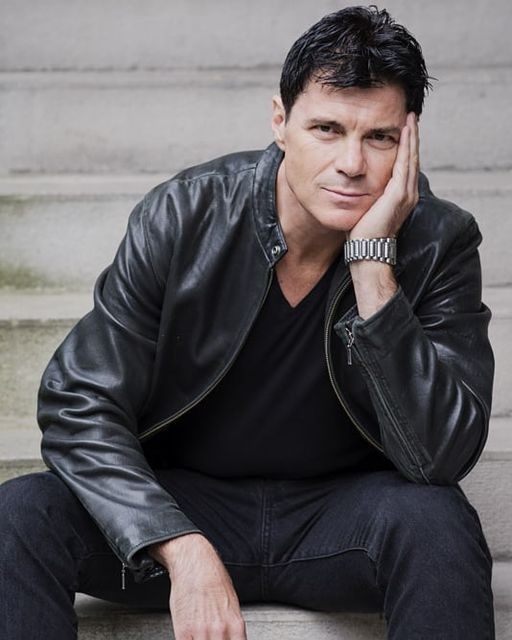
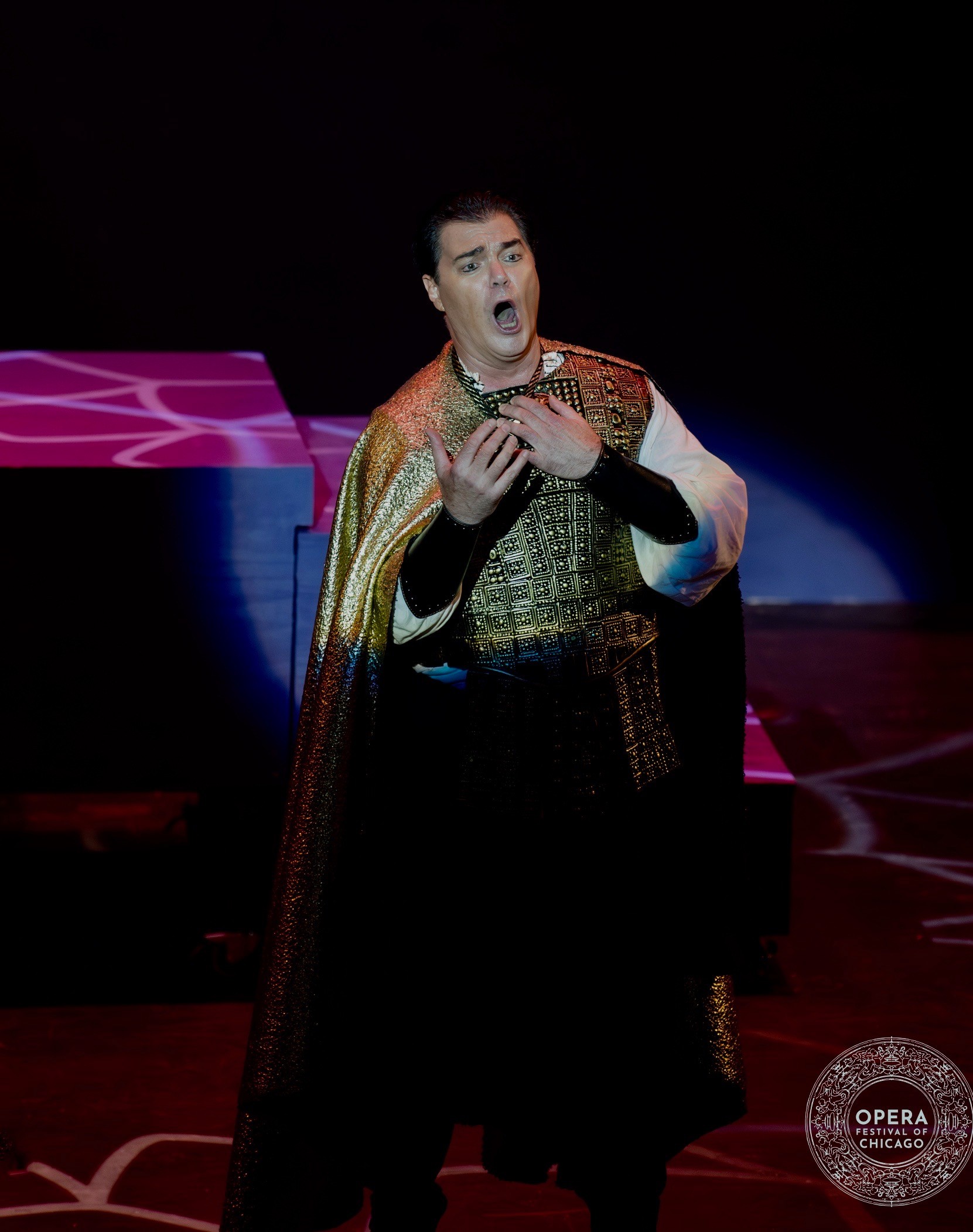
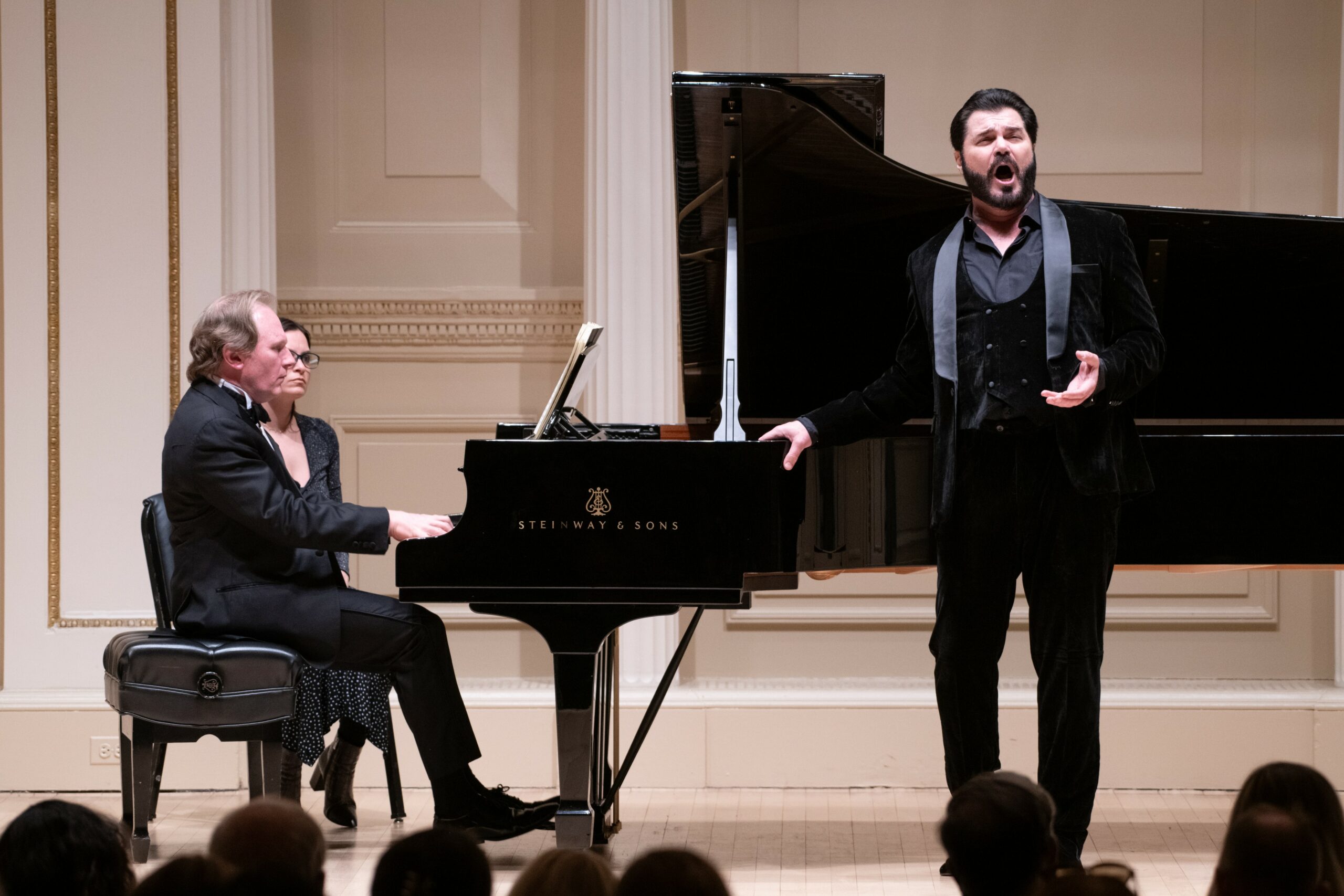
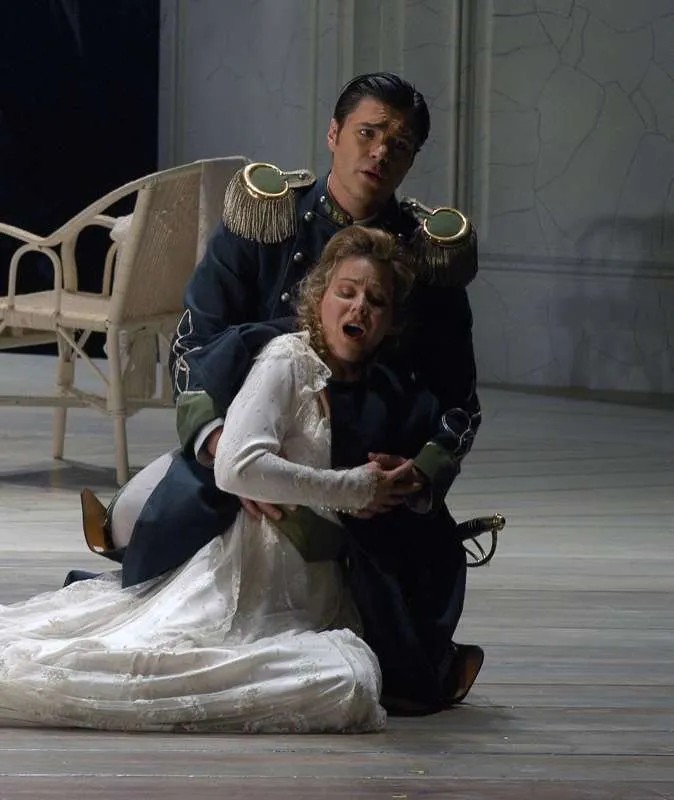
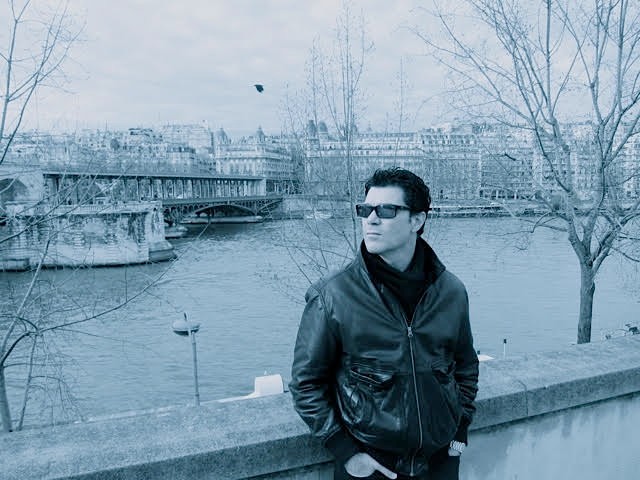
Image Credits
Photos 1&2 Matilde Fassò – Geneva Switzerland 3 Opéra de Marseille 4 Tim Corpus 5 Jillian Nelson Photography 6 Greek National Opera 7 Opéra National du Rhin 8 A. Deran Photography 9 Christine Arand 10 Russell Cusik Studios 11 Opéra National du Rhin 12 Teatro Massimo Palermo, Italy

